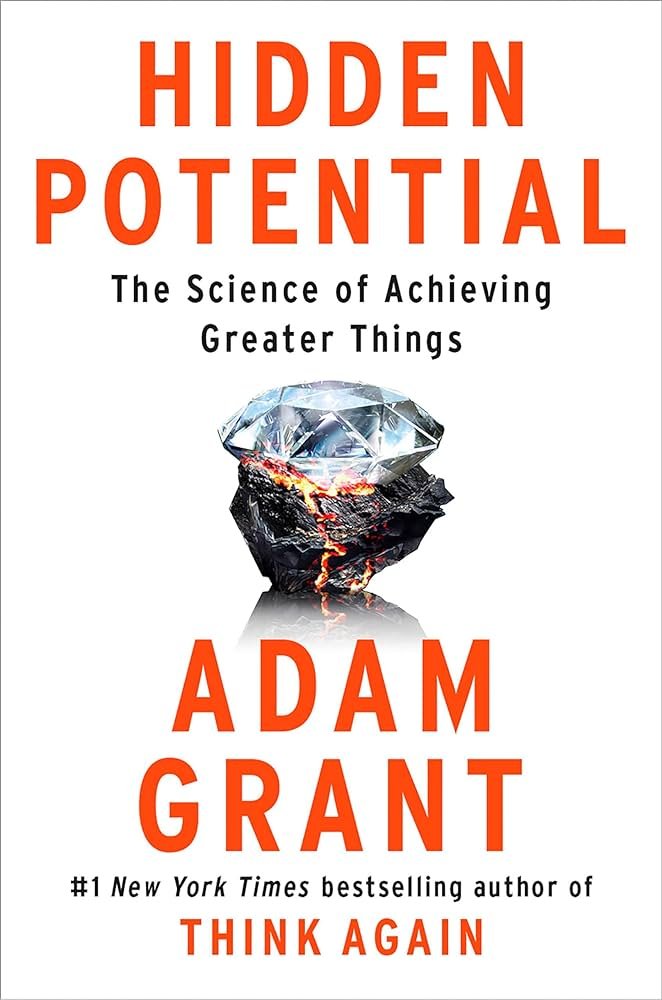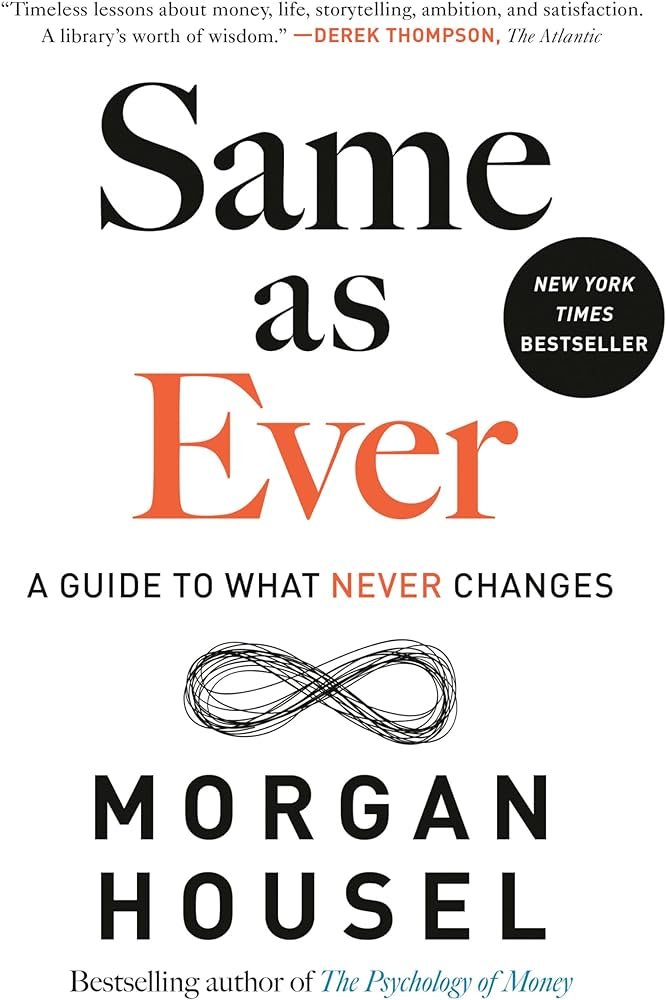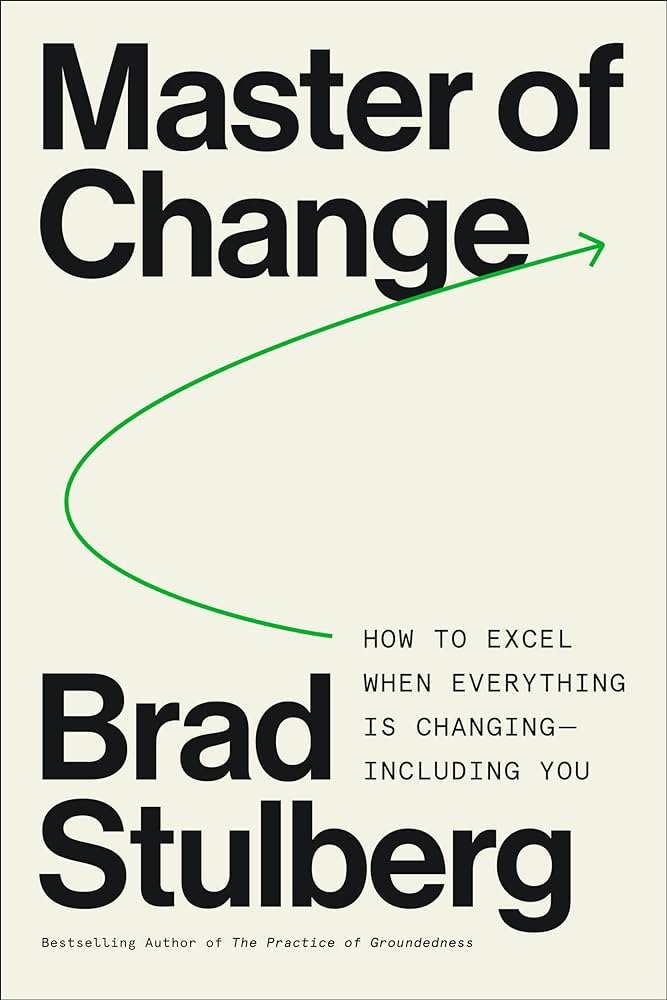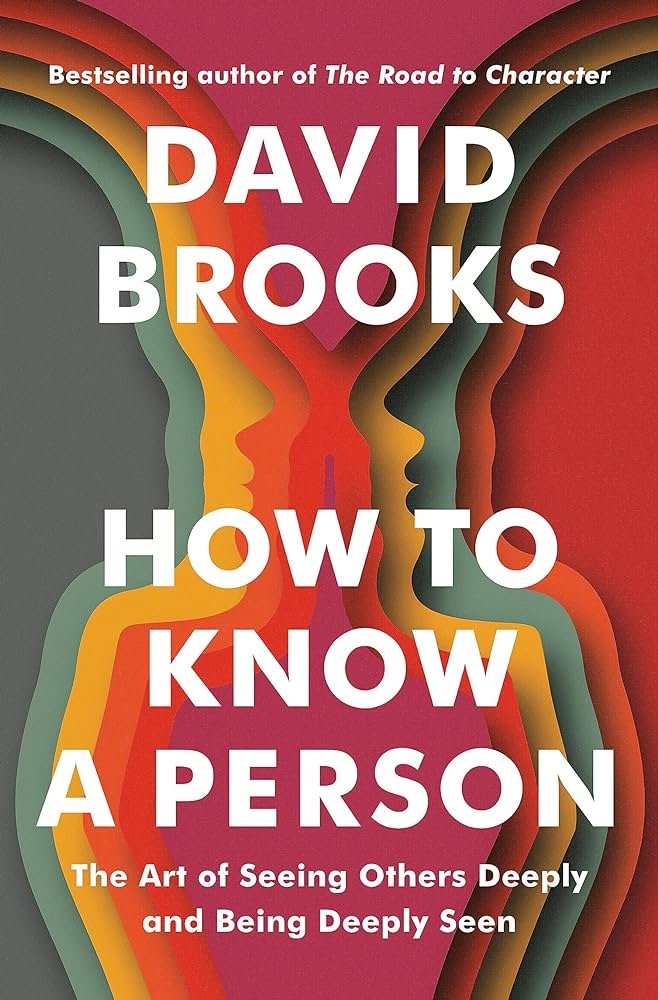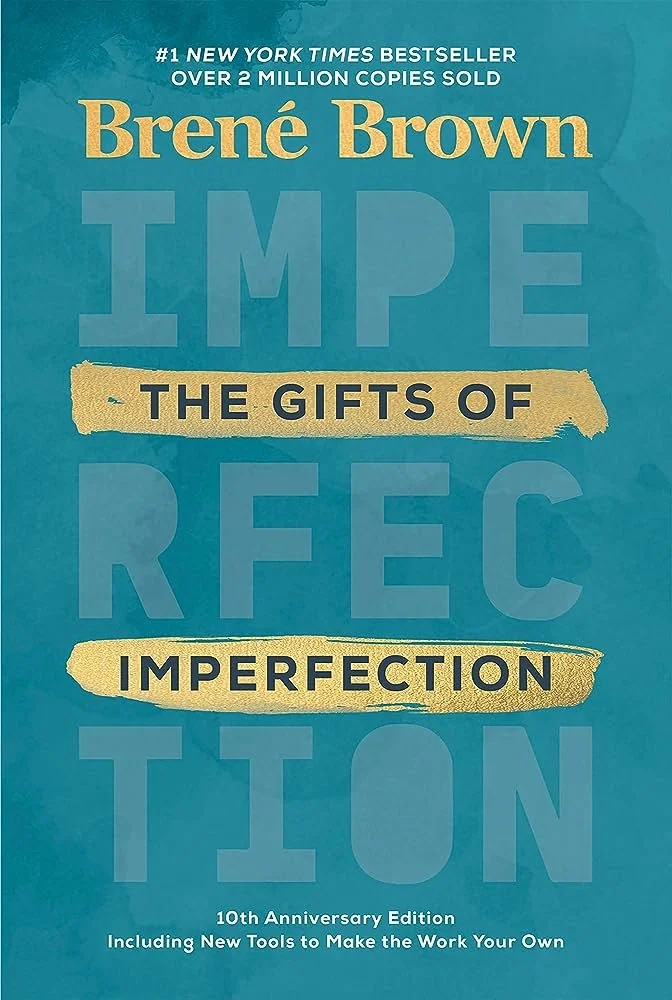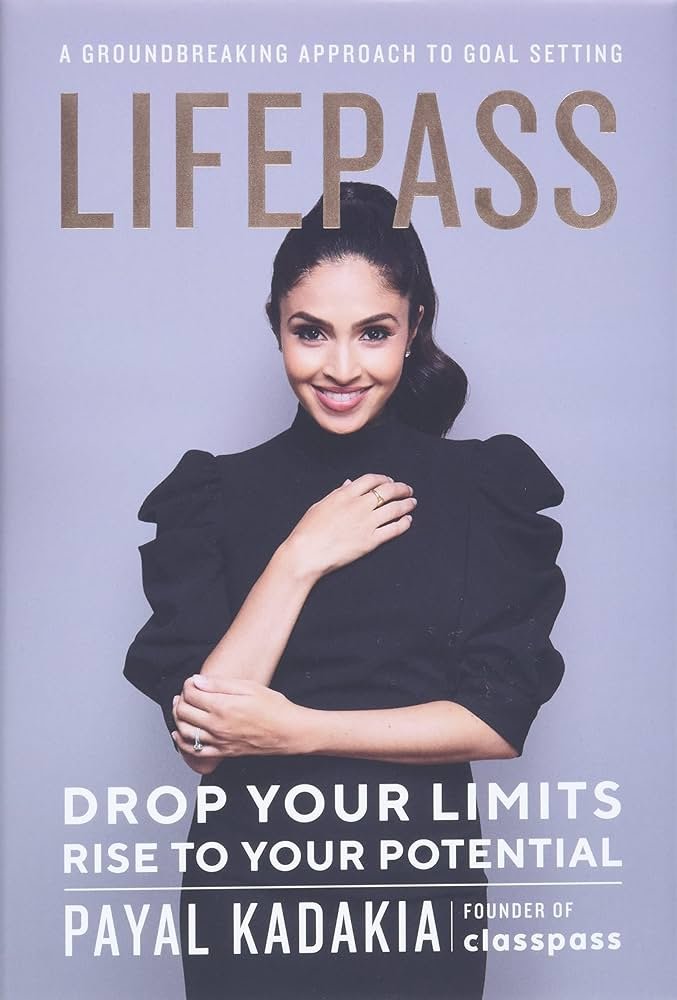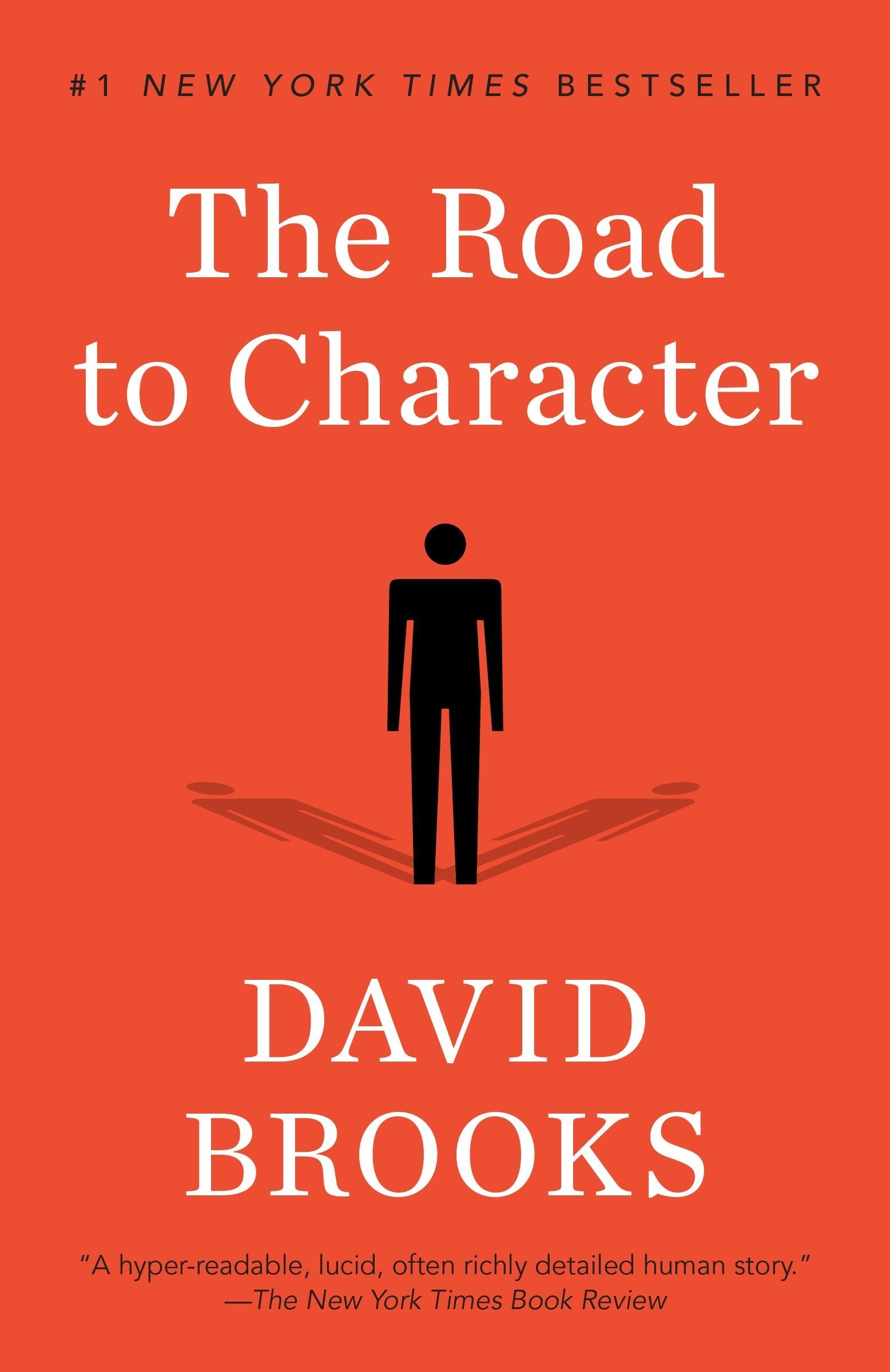The Road to Character by David Brooks
Date read: 4/28/23. Recommendation: 8/10.
Brooks examines the generational shift from humility to the “Big Me”—where everyone’s now encouraged to see themselves as the center of the universe. As part of the “Big Me,” we’ve become obsessed with resume virtues—wealth, fame, status—things that exist beyond our control and don’t necessarily correspond to living a meaningful life. When in fact, we should be focused on eulogy virtues—kindness, bravery, honesty. But to get here, we must get out of our own heads, stop asking ourselves what we want out of life, and instead ask ourselves what our lives and circumstances want out of us. Brooks cites examples of those throughout history who faced crucible moments and used the struggle against their limitations to develop more enduring virtues.
Check out my notes below or Amazon for details and reviews.
My Notes:
Resume virtues versus eulogy virtues:
Resume virtues: Skills you bring to the job market that contribute to external success.
Eulogy virtues: Exist at the core of your being, whether you are kind, brave, honest, or faithful; what kind of relationships you formed.
One book that helped him think about these two sets of virtues was Lonely Man of Faith by Rabbi Joseph Soloveitchik who observes two accounts of creation in Genesis and argues these represent two opposing sides of our nature, Adam I and Adam II.
“If you are only Adam I, you turn into a shrewd animal, a crafty, self-preserving creature who is adept at playing the game and who turns everything into a game. If that’s all you have, you spend a lot of time cultivating professional skills, but you don’t have a clear idea of the sources of meaning in life, so you don’t know where you should devote your skills, which career path will be highest and best.” DB
“This book is about Adam II. It’s about how some people have cultivated strong character. It’s about one mindset that people through the centuries have adopted to put iron in their core and cultivate a wise heart. I wrote it, to be honest, to save my own soul.” DB
“Good, wise hearts are obtained through lifetimes of diligent effort to dig deeply within and heal lifetimes of scars. You can’t teach it or email it or tweet it. It has to be discovered within the depths of one’s own heart when a person is fairly ready to go looking for it, and not before.” Dave Jolly
Adam II: “Occasionally, even today, you come across certain people who seem to possess an impressive inner cohesion. They are not leading fragmented, scattershot lives. They have achieved inner integration. They are calm, settled, and rooted. They are not blown off course by storms. They don’t crumble in adversity. Their minds are consistent and their hearts are dependable.” DB
“They possess the self-effacing virtues of people who are inclined to be useful but don’t need to prove anything to the world: humility, restraint, reticence, temperance, respect, and soft self-discipline.” DB
“These are the people who have built strong inner character, who have achieved certain depth. In these people, at the end of this struggle, the climb to success has surrendered to deepen the soul.” DB
Rites of Passage:
“The road to character often involves moments of moral crisis, confrontation, and recovery. When they were in crucible moments, they suddenly had a greater ability to see their own nature. The everyday self-deceptions and illusions of self-mastery were shattered.” DB
“Only the one who descends into the underworld rescues the beloved.” Kierkegaard
“Such people don’t come out healed; they come out different. They find a vocation or calling. They commit themselves to some long obedience and dedicate themselves to some desperate lark that gives life purpose.” DB
Resist self-promotion:
When George H.W. Bush was running for president, if a speechwriter put “I” in one of his speeches, he would cross it out. In speeches he didn’t, his mother would call the next day and tell him he was talking too much about himself again.
Shift from a culture of humility to a culture of “Big Me” where everyone’s encouraged to see themselves as the center of the universe.
Purpose:
Don’t ask what you want from life, instead ask: “What does life want from me? What are my circumstances calling me to do?” DB
You have been thrown into a specific place with specific problems and needs. “Your job is to figure certain things out: What does this environment need in order to be made whole?” DB
“We don’t create our lives; we are summoned by life.” DB
“The true self is what you have built from your nature, not just what your nature started out with.” DB
Putting lower loves above higher ones:
“If someone tells you something in confidence and then you blab it as good gossip at a dinner party, you are putting your love of popularity above your love of friendship. If you talk more at a meeting than you listen, you may be putting your ardor to outshine above learning and companionship.” DB
“Out of the crooked timber of humanity, no straight thing was ever made.” Immanuel Kant
“The most important thing is whether you are willing to engage in moral struggle against yourself.” DB
Inner scorecard:
“Adam I achieves success by winning victories over others. But Adam II builds character by winning victories over the weaknesses in himself.” DB
“Self-respect is produced by inner triumph, not external ones.” DB
“The central fallacy of modern life is the belief that accomplishments of the Adam I realm can produce deep satisfaction. That’s false. Adam I’s desires are infinite and always leap out ahead of whatever has just been achieved. Only Adam II can experience deep satisfaction.” DB
“Life is essentially a moral drama, not a hedonistic one.”
Legacy:
“The message is the person, perfected over lifetimes of effort that was set in motion by yet another wise person now hidden from the recipient by dim mists of time.” DB
“But if you serve work that is intrinsically compelling and focus on just being excellent at that, you will wind up serving yourself and the community obliquely.” DB
Maturity:
“Maturity does not glitter. It is not built on the traits that make people celebrities. A mature person has moved from fragmentation to centeredness, has achieved a state in which the restlessness is over, the confusion about the meaning and purpose of life is calmed.” DB
Flaws:
“We are all stumblers, and the beauty and meaning of life are in the stumbling—in recognizing the stumbling and trying to become more graceful as the years go by.” DB

